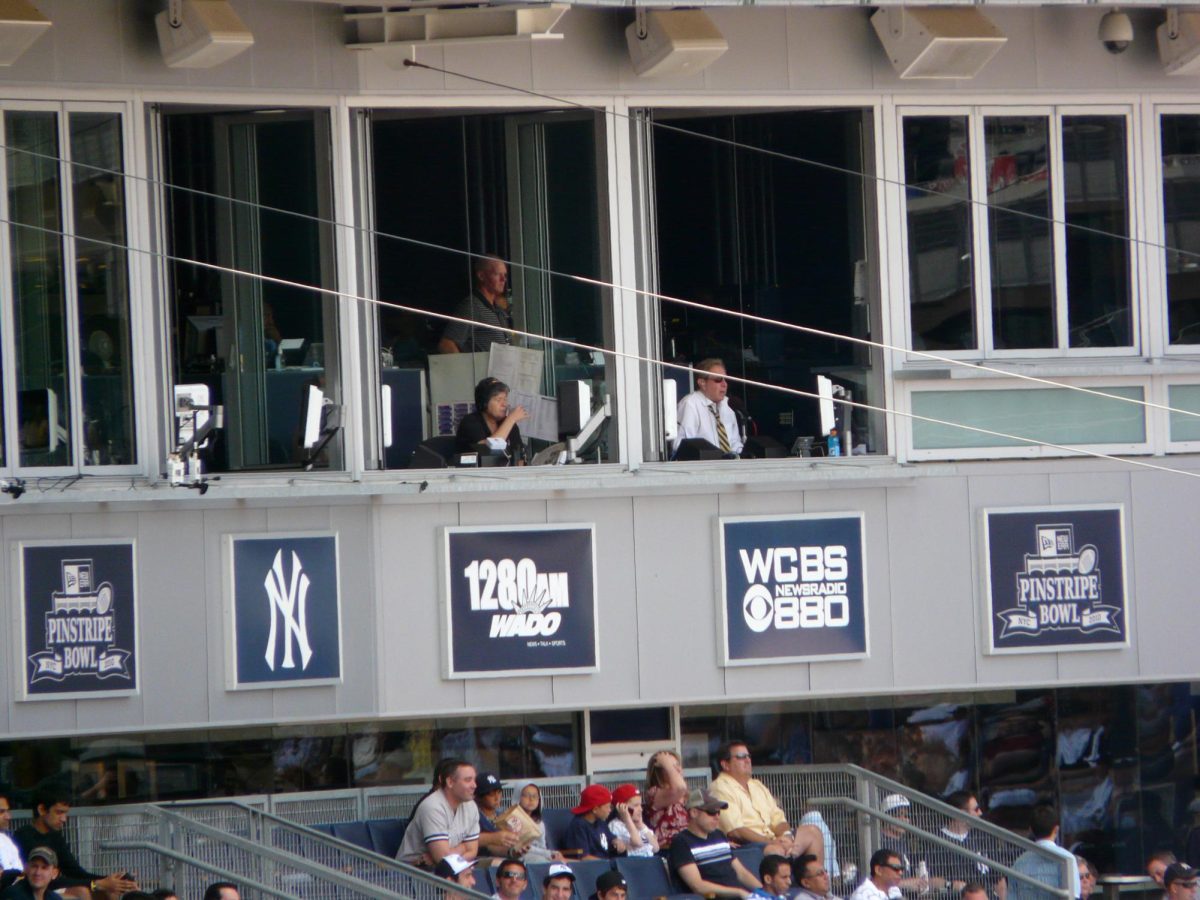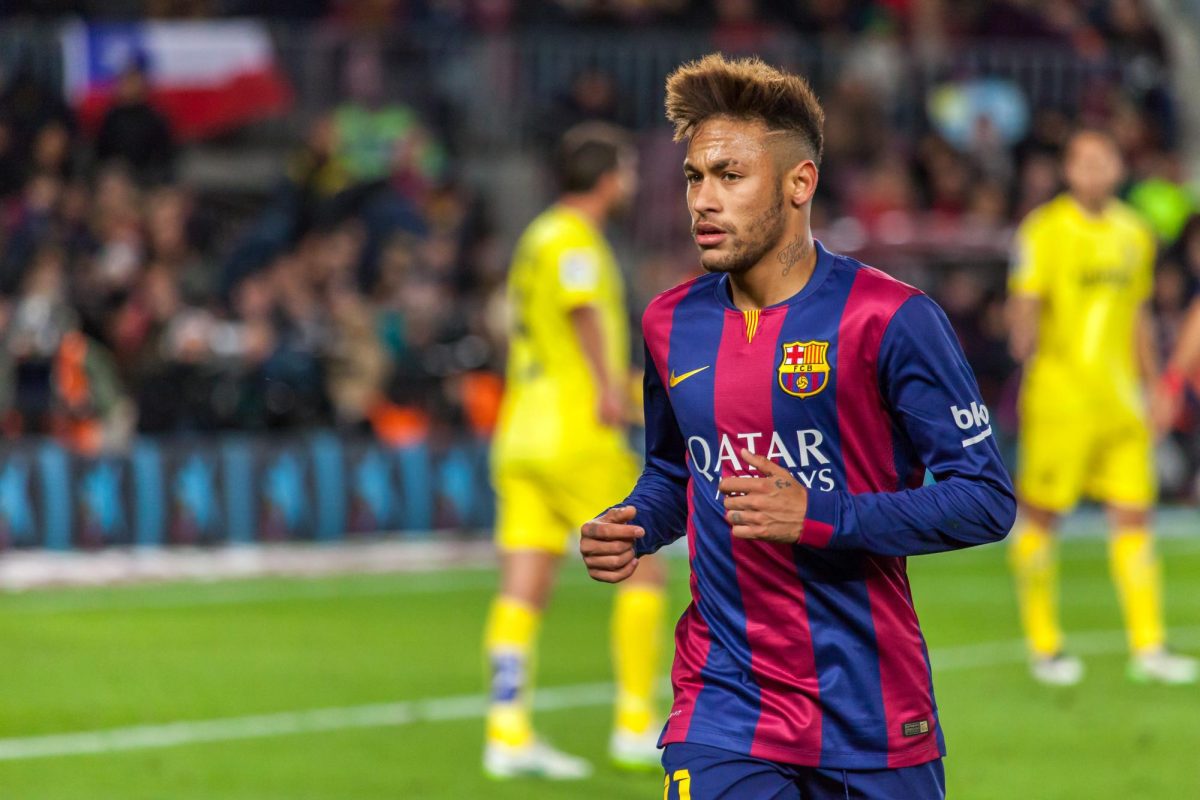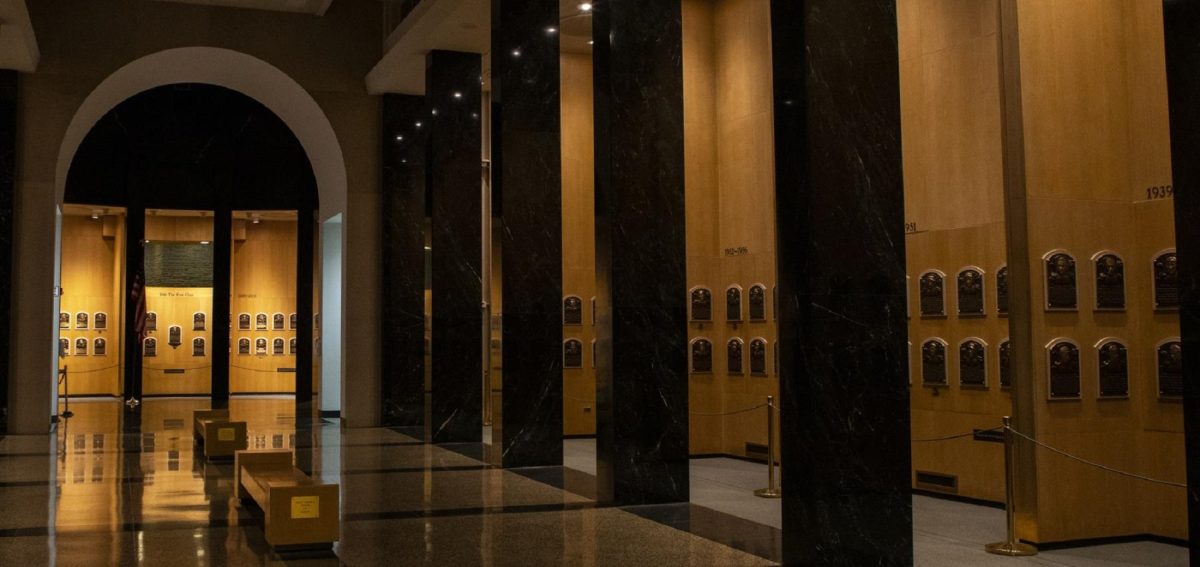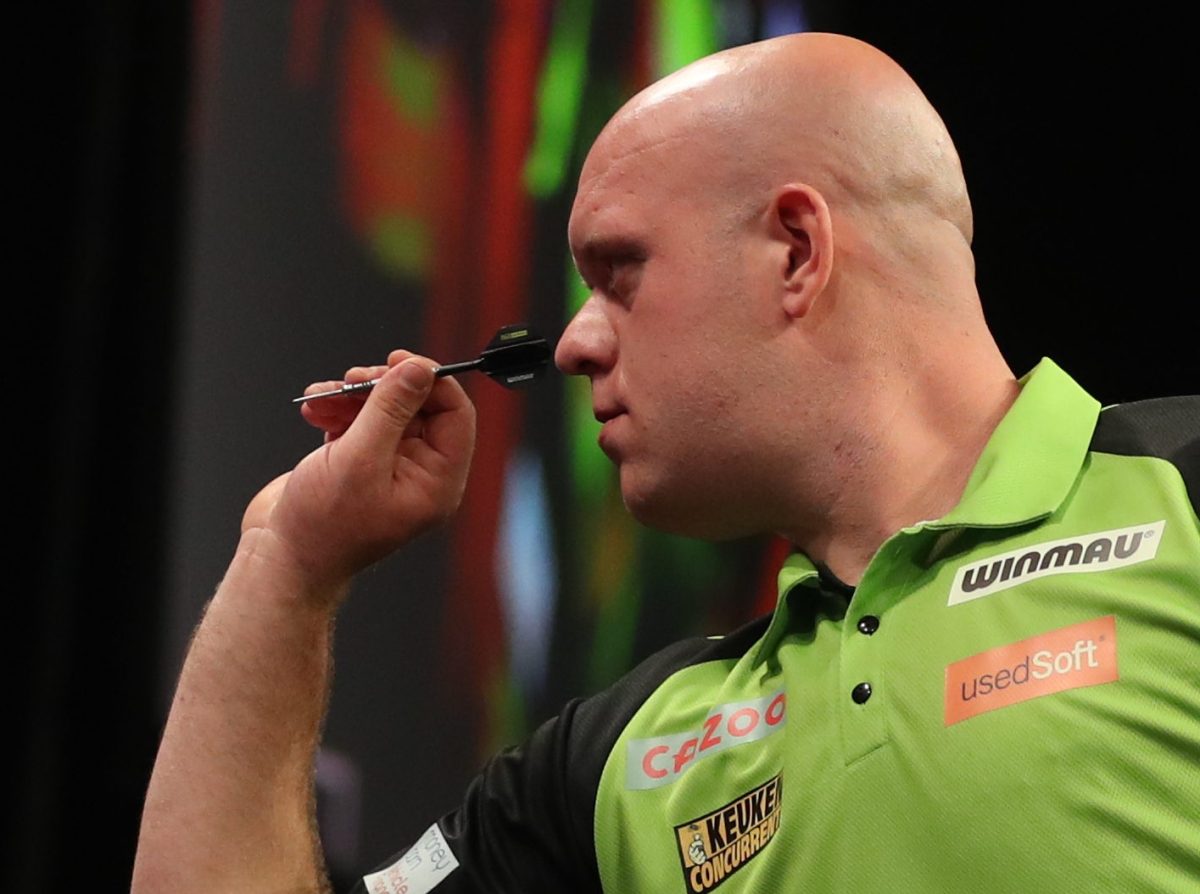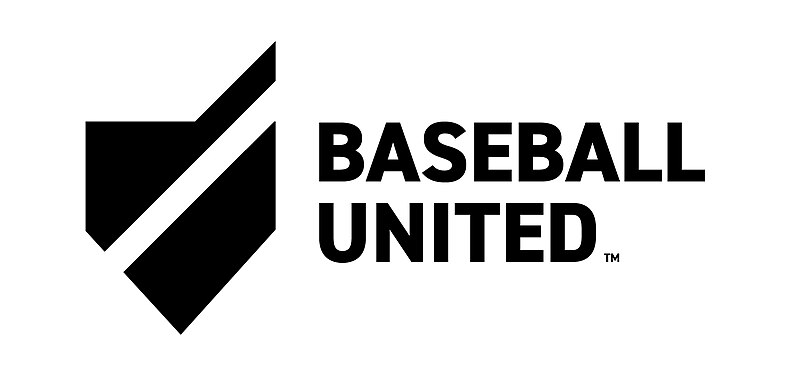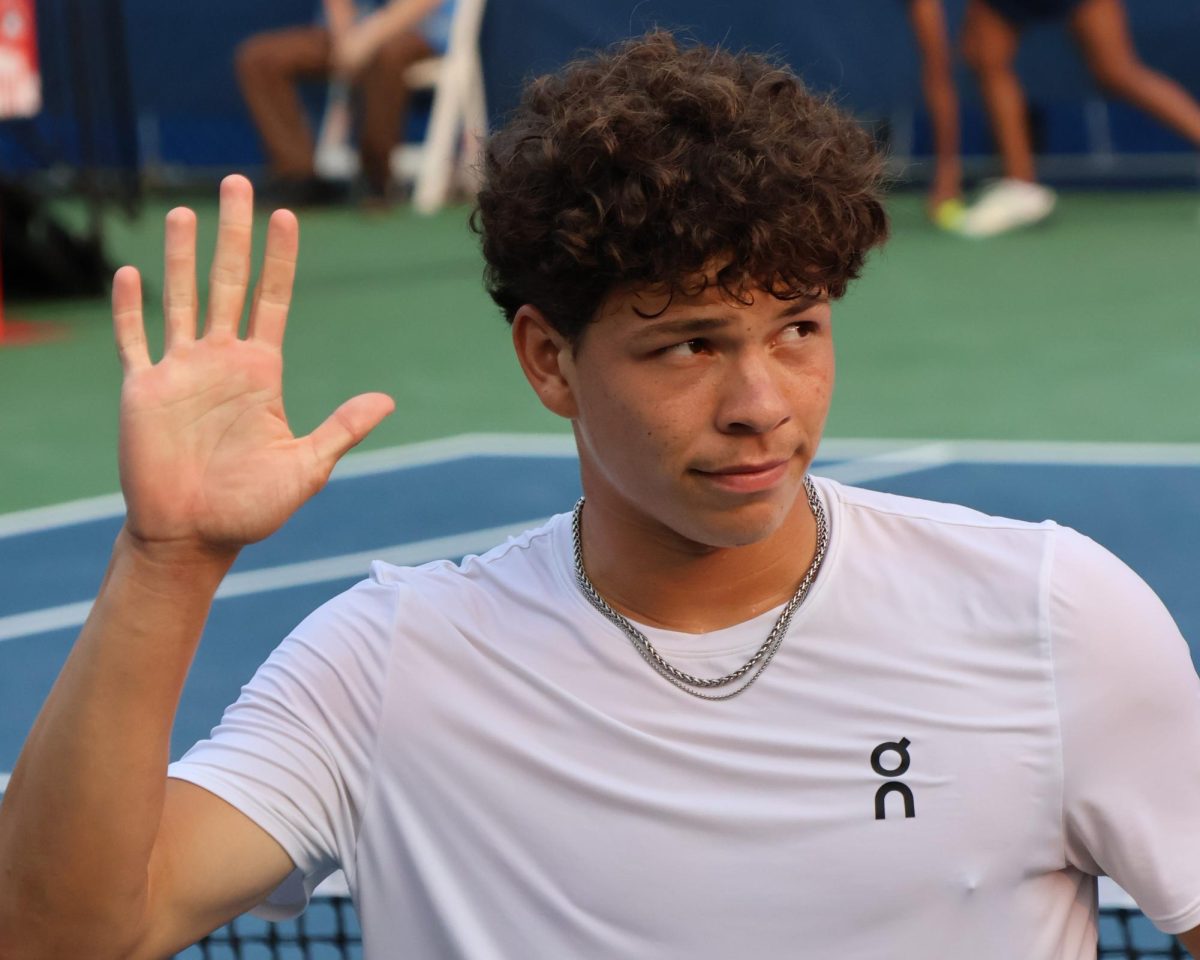For as long as I can remember, holdouts have been a huge part of the NFL offseason. A player who is unhappy with his contract decides to sit out mandatory offseason workouts; if he doesn’t get a new deal, sometimes he’ll miss games within the NFL season itself.
Let’s look at Darrelle Revis, for example. Revis is arguably the best cornerback in the game (Richard Sherman is now mad at me), and has held out twice in his career. Revis missed the first 21 days of training camp before his rookie year in 2007 while he and his agents were negotiating a contract with the New York Jets. A rookie holding out on his team before even playing a down may sound strange now, but it happened all the time under the previous Collective Bargaining Agreement.
Revis held out again after the 2009 season, which some feel was the greatest season a cornerback has ever had. He missed almost all of training camp and all four of the Jets preseason games, despite the fact that his contract wasn’t due to expire until after the 2012 season. That’s right, he held out with half of his contract remaining, and how did it work out?
Very well.
Revis signed a four-year, $46 million deal that paid him the majority of the money and all of the guaranteed salary in the first two years of the contract. Revis also considered holding out before the 2012 season because he felt he was worth more than the $7.5 million he was owed that season. Many analysts and fans felt that his consideration was ridiculous because he had just held out two years before and three years before that.
Despite suffering an ACL injury early that season, Revis bounced back to earn $16 million with the Buccaneers in 2013 and will make $12 million with the Patriots in 2014. Considering that he’s playing for Bill Belichick, a defensive genius, and that players usually improve their second year after an ACL tear, Revis has the chance to boost his value in Foxborough and earn yet another massive payday next offseason.
We can stay in New England for another example. Offensive lineman Logan Mankins held out for the first seven games of the 2010 season and had accused the Patriots organization of lying. Patriots owner Robert Kraft is known as a smart, kind and proud businessman. While Mankins made it clear that he never called Kraft himself a liar, it was a messy situation. Nevertheless, Mankins signed a six-year, $51 million deal before the 2011 season. If holdouts weren’t effective, this would be a prime example. But it worked.
Also before the 2011 season, running back Chris Johnson signed a four-year, $53.5 million contract with the Tennessee Titans after holding out of training camp. Although he was a running back in a passing league and had two years remaining on his contract, Johnson got his payday. He can thank his holdout.
Sure, there are some examples of holdouts not working as well as the player hoped, but a star player who holds out usually gets rewarded. Now, is this how players should act? Do players have an obligation to play until the end of their deal?
Personally, I have no problem with contract holdouts in the NFL, and it seems naive of many fans to take issue with them. It is a gross oversimplification to say, “A player has a contract, and a contract is a binding agreement. Therefore, an employee should honor that agreement.”
I can understand that argument, but it ignores a very basic aspect of NFL contracts. While holdouts are, in fact, an employee not fulfilling his contract, it’s also true that the employers in the NFL do not have to honor their end of the deal. Most players in the league play under unguaranteed contracts, meaning that an organization can cut them anytime and not pay the player what the contract says.
Players almost never hold out when they have guaranteed money remaining on their deal because they understand that the organization itself must honor the money in the deal. NBA and MLB players don’t hold out because they honor their contracts the same way that their organizations do, given that the leagues’ players almost unanimously have guaranteed deals.
I do not have a problem with contract holdouts in the NFL. Actually, I support them. In a game where every play can be an athlete’s last, and when a player can get cut at just about any time because an owner doesn’t have to honor his end of the contract, I fully understand players doing the same to get what they rightfully deserve.
Tom Hoff is a junior in the McDonough School of Business. Down to the Wire appears Fridays.








